Government confirms post-election plans to track public comms
New government legislation to force telecoms companies and ISPs to keep records of all personal communication for a year will be held off until the after next general election in the face of strong opposition.
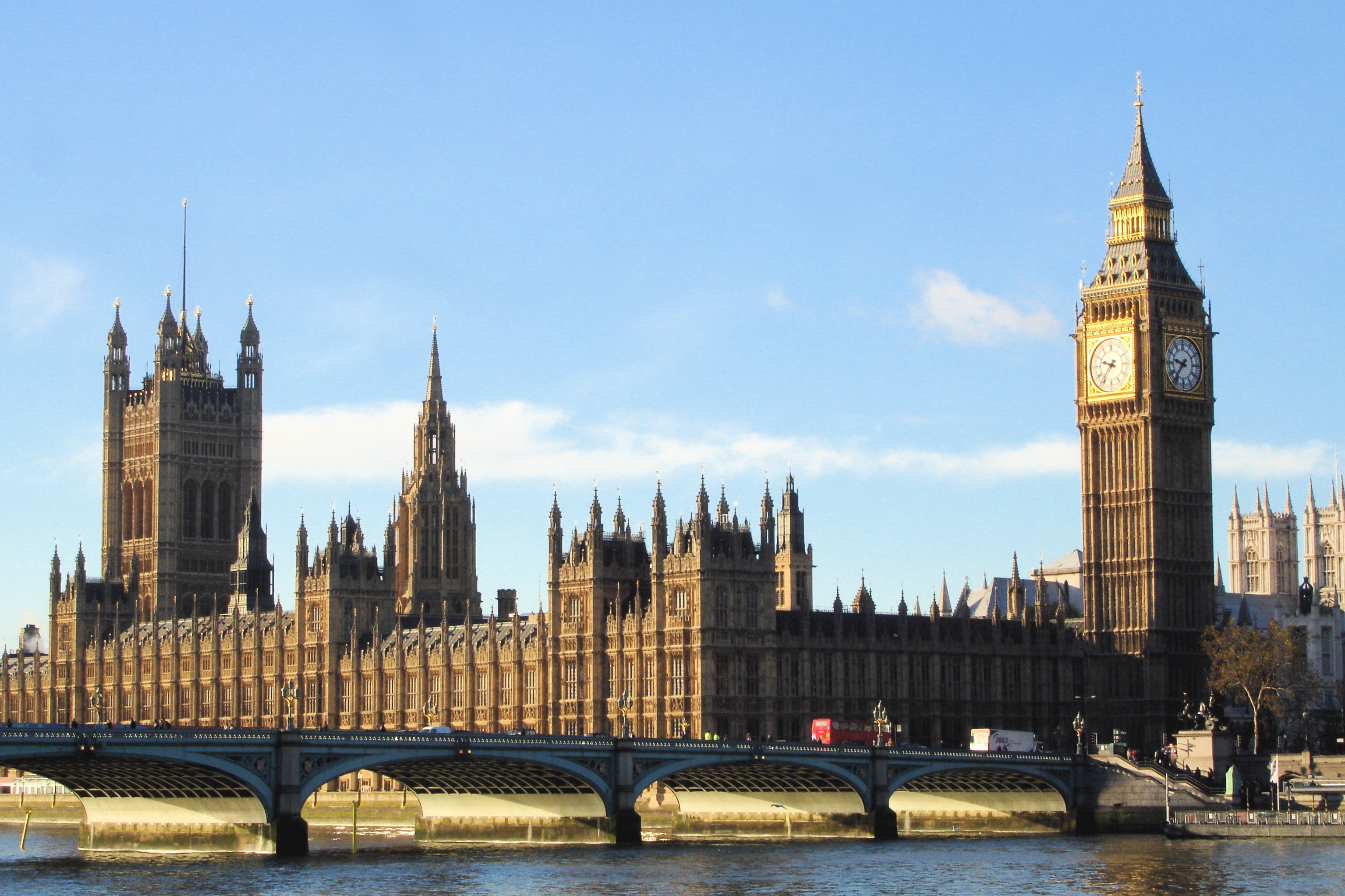

The government has confirmed plans that will see all phone calls, text messages, emails and visits to websites by members of the public held in a database for one year, but not until after the general election.
Dubbed as a "Big Brother" or snooping scheme by critics, the Intercept Modernisation Programme will force telecoms companies and ISPs to keep records of their customers' communications, which will then be accessible by 653 public bodies including the police, fire services and the Financial Services Authority (FSA).
To access information the authorities will not have to go through the courts but instead just seek the approval of a senior police officer or high ranking member of a local authority.
It is thought that the move to bring it in after the election rather than sooner is due to the plans recieving a large amount of opposition.
The Home Office itself even confirmed that only a third of respondents during its consultation period supported the plans and half were concerned that correct safeguards had not been put in place.
A statement from Home Office Minister David Hanson MP defended the government's decision and said by working with the relevant companies, they will introduce the legislations "as soon as possible."
Hanson said: "Communications data is crucial to the fight against crime and in keeping people safe. It is a highly technical area and one which demands a fine balance between privacy and maintaining the capabilities of the police and security services."
Get the ITPro daily newsletter
Sign up today and you will receive a free copy of our Future Focus 2025 report - the leading guidance on AI, cybersecurity and other IT challenges as per 700+ senior executives
He added: "The consultation showed widespread recognition of the importance of communications data in protecting the public and an appreciation of the challenges which rapidly changing technology poses."
However, this hasn't silenced critics with both opposition parties condemning the plans along with human rights groups.
Shami Chakrabarti, director of Liberty, said in a statement: "The Big Brother ambitions of a group of senior Whitehall technocrats are delayed but not diminished. We need a bold alliance of phone companies who fear losing public trust and concerned citizens to come together in opposition to these plans."
"If the authorities need to build up an intimate picture of a suspect's communications, they should have to go to a judge for a warrant. Law-abiding people have sustained too many blanket attacks on their privacy and they've had enough."
Firms holding the data, including BT and Vodafone, will be reimbursed 2 billion from the taxpayer's purse over 10 years to cover the costs.
Jim Killock, executive director of the Open Rights Group, told IT PRO: "IMP is unworkable, would be incredibly expensive and would breach our right to privacy guaranteed under the European Convention on Human Rights."
He added: "Unsurprisingly, the government has backed off pushing for legislation this side of the election, but there are plenty of people in security departments who will keep pushing extreme views like this."
"We need to be extremely vigilant to make sure our privacy rights are properly safeguarded from government surveillance in the digital age, as there is an immense temptation to try to implement extremely intrusive technologies."
Jennifer Scott is a former freelance journalist and currently political reporter for Sky News. She has a varied writing history, having started her career at Dennis Publishing, working in various roles across its business technology titles, including ITPro. Jennifer has specialised in a number of areas over the years and has produced a wealth of content for ITPro, focusing largely on data storage, networking, cloud computing, and telecommunications.
Most recently Jennifer has turned her skills to the political sphere and broadcast journalism, where she has worked for the BBC as a political reporter, before moving to Sky News.
-
 Cleo attack victim list grows as Hertz confirms customer data stolen
Cleo attack victim list grows as Hertz confirms customer data stolenNews Hertz has confirmed it suffered a data breach as a result of the Cleo zero-day vulnerability in late 2024, with the car rental giant warning that customer data was stolen.
By Ross Kelly
-
 Lateral moves in tech: Why leaders should support employee mobility
Lateral moves in tech: Why leaders should support employee mobilityIn-depth Encouraging staff to switch roles can have long-term benefits for skills in the tech sector
By Keri Allan
-
 ‘Archaic’ legacy tech is crippling public sector productivity
‘Archaic’ legacy tech is crippling public sector productivityNews The UK public sector has been over-reliant on contractors and too many processes are still paper-based
By Emma Woollacott
-
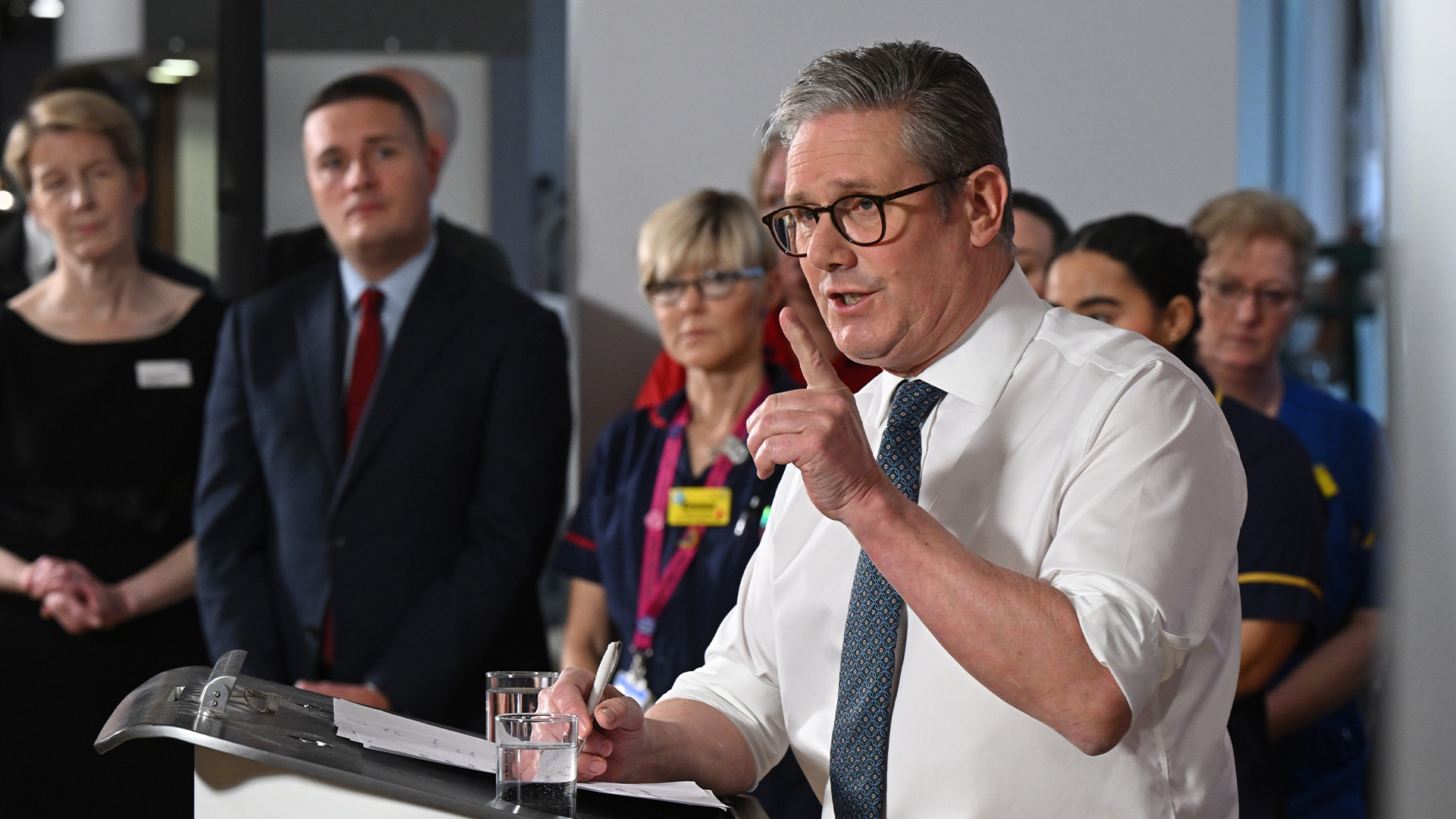 Public sector improvements, infrastructure investment, and AI pothole repairs: Tech industry welcomes UK's “ambitious” AI action plan
Public sector improvements, infrastructure investment, and AI pothole repairs: Tech industry welcomes UK's “ambitious” AI action planNews The new policy, less cautious than that of the previous government, has been largely welcomed by experts
By Emma Woollacott
-
 UK government trials chatbots in bid to bolster small business support
UK government trials chatbots in bid to bolster small business supportNews The UK government is running a private beta of a new chatbot designed to help people set up small businesses and find support.
By Emma Woollacott
-
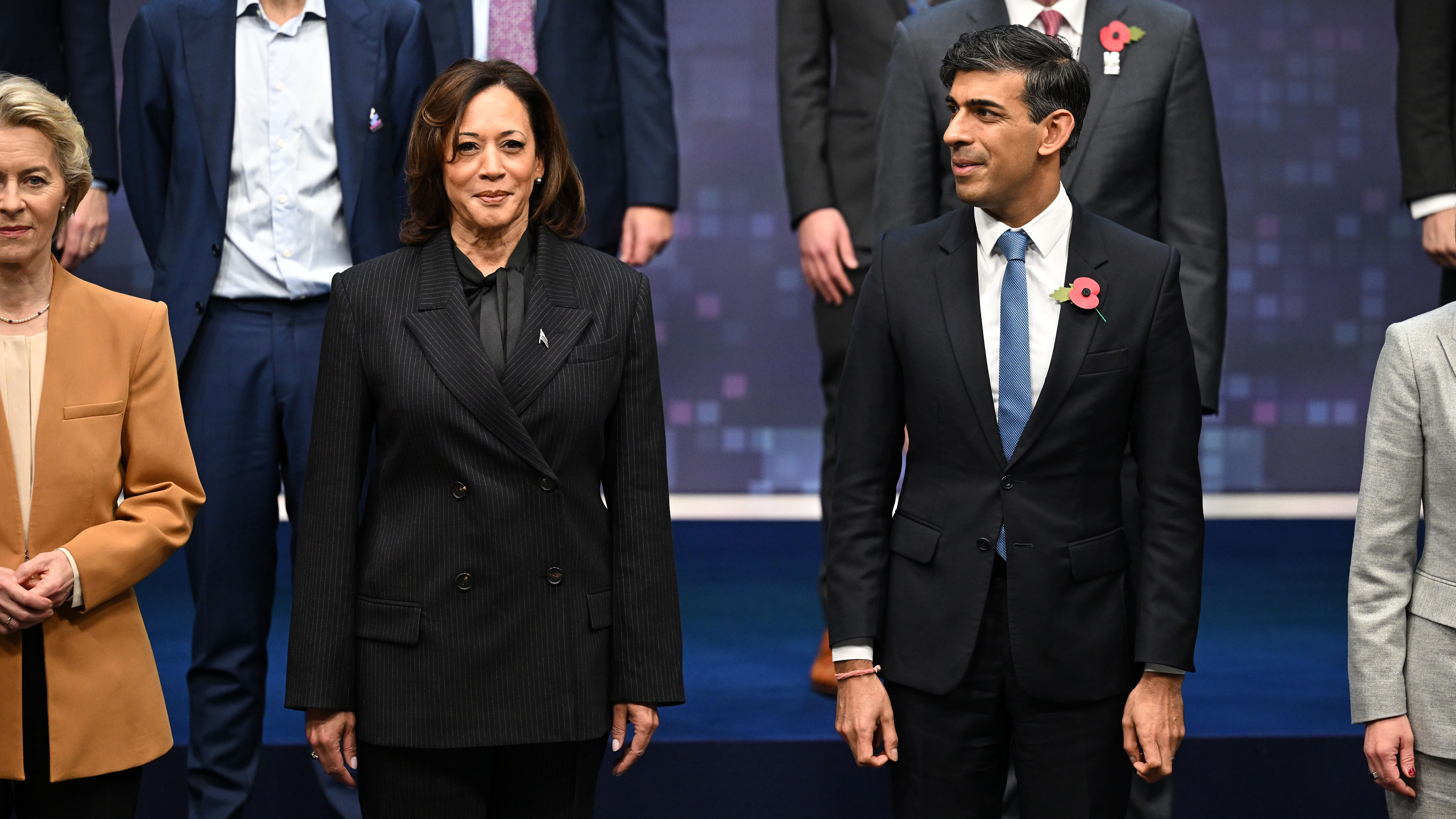 The UK's hollow AI Safety Summit has only emphasized global divides
The UK's hollow AI Safety Summit has only emphasized global dividesOpinion Successes at pivotal UK event have been overshadowed by differing regulatory approaches and disagreement on open source
By Rory Bathgate
-
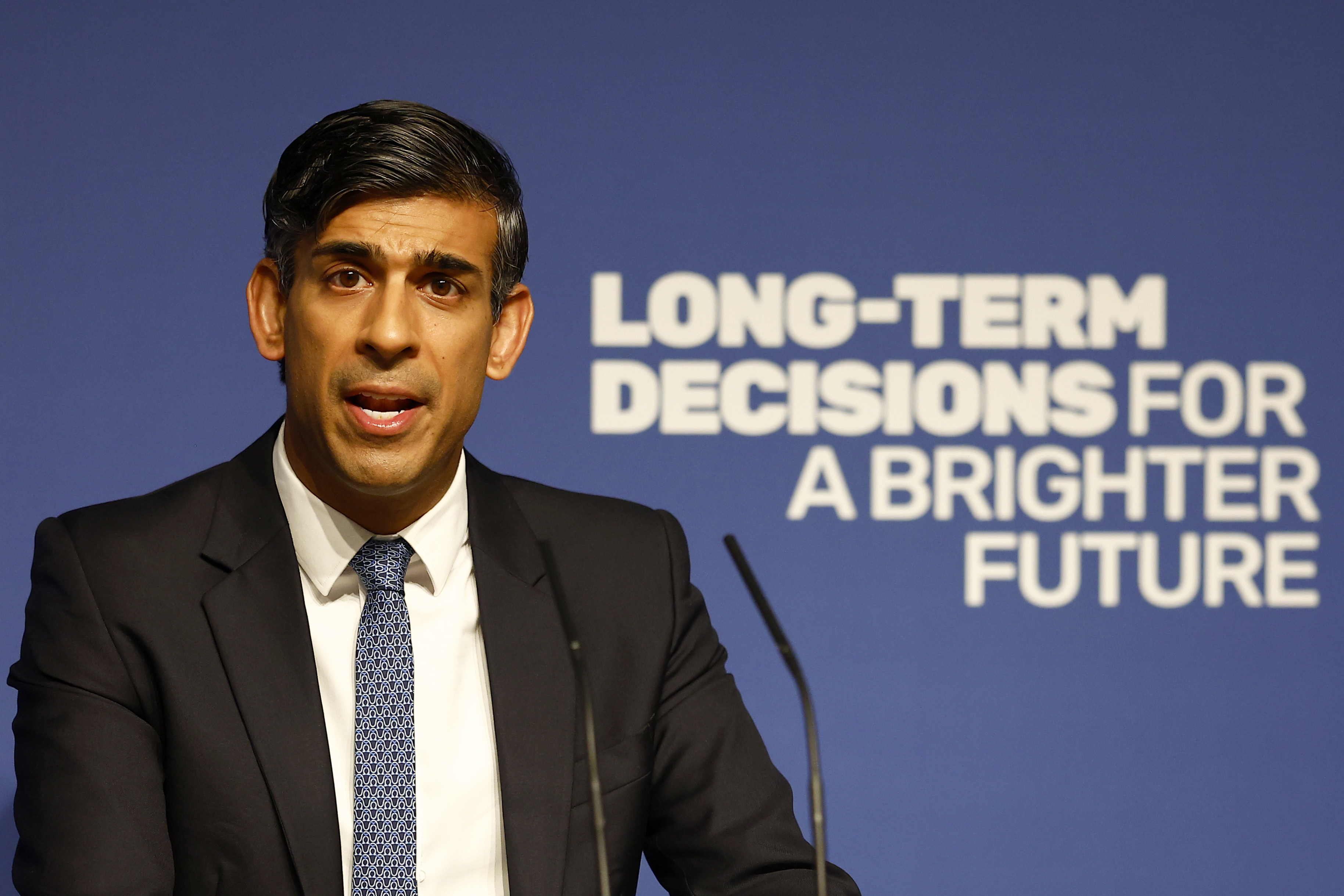 Rishi Sunak’s stance on AI goes against the demands of businesses
Rishi Sunak’s stance on AI goes against the demands of businessesAnalysis Execs demanding transparency and consistency could find themselves disappointed with the government’s hands-off approach
By Rory Bathgate
-
 UK aims to be an AI leader with November safety summit
UK aims to be an AI leader with November safety summitNews Bletchley Park will play host to the guests who will collaborate on the future of AI
By Rory Bathgate
-
 AI-driven net zero projects receive large cash injection from UK gov
AI-driven net zero projects receive large cash injection from UK govNews Funds have been awarded to projects that explore the development of less energy-intensive AI hardware and tech to improve renewables
By Rory Bathgate
-
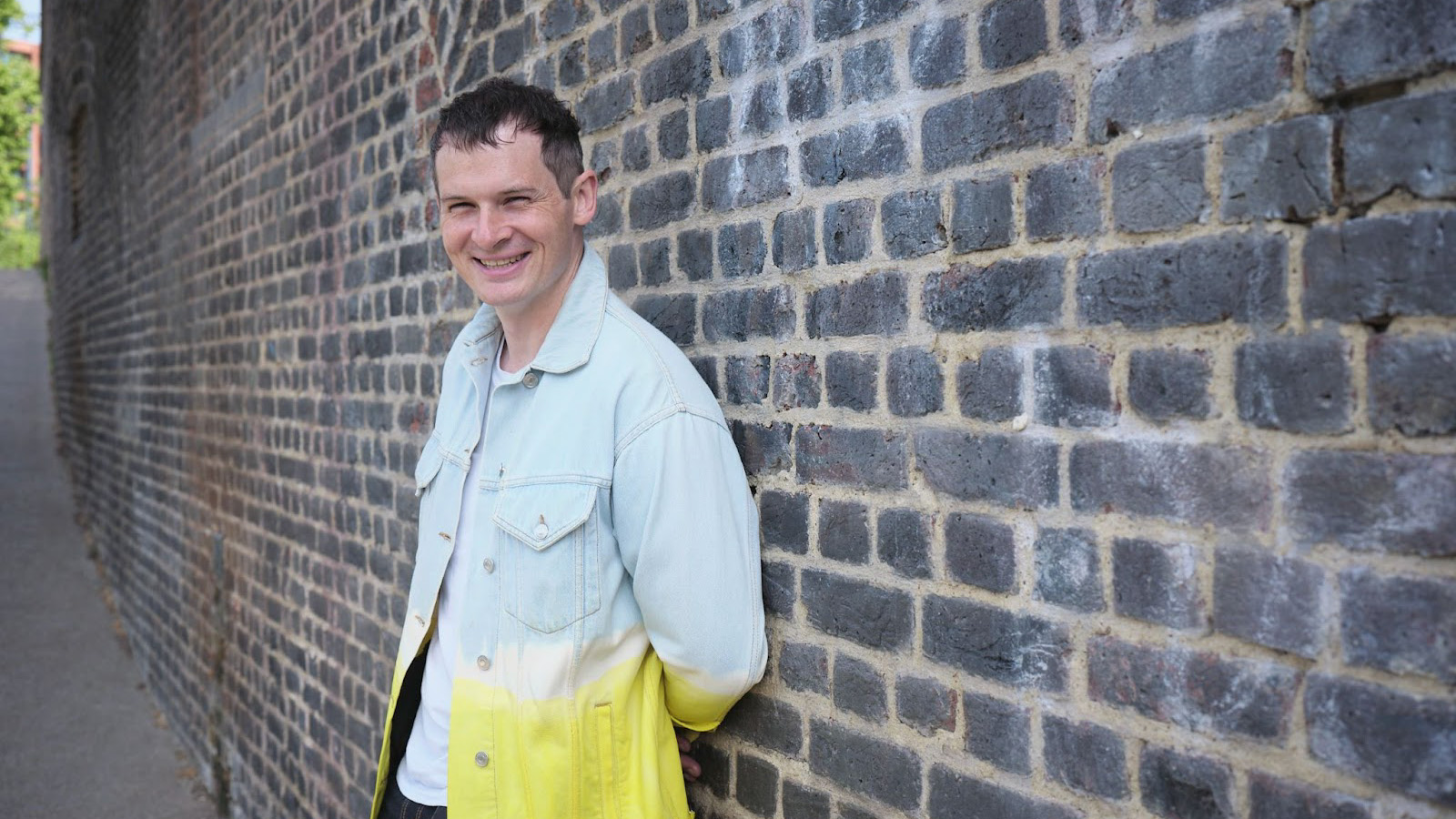 Who is Ian Hogarth, the UK’s new leader for AI safety?
Who is Ian Hogarth, the UK’s new leader for AI safety?News The startup and AI expert will head up research into AI safety
By Rory Bathgate